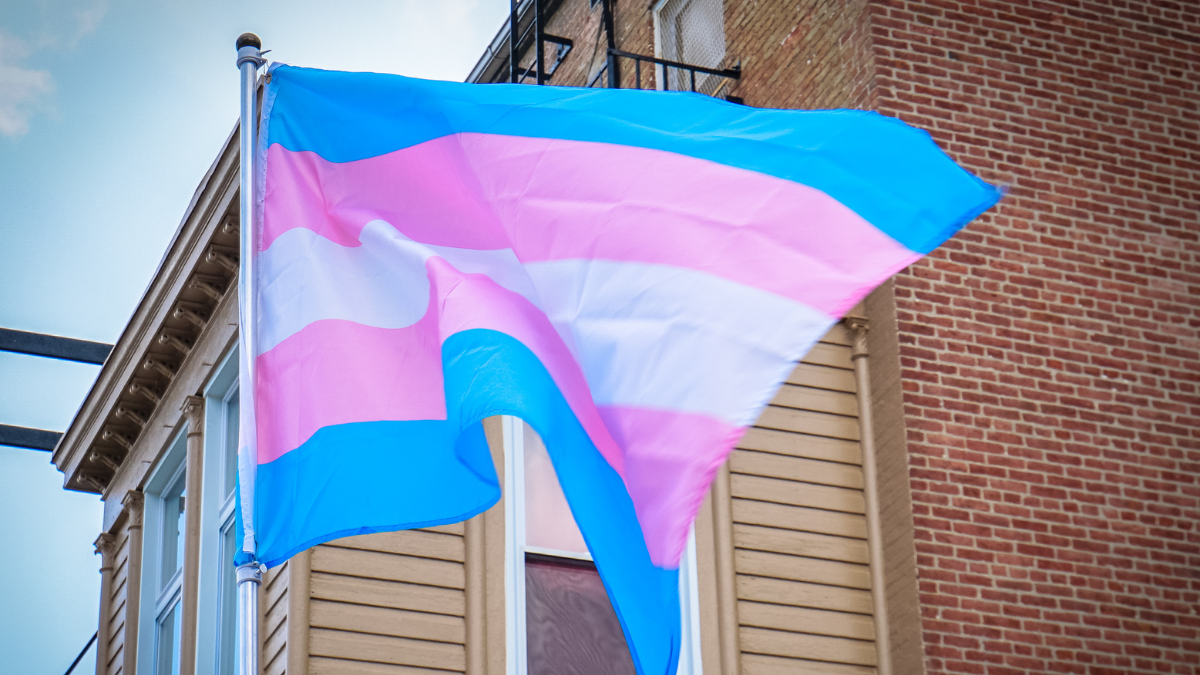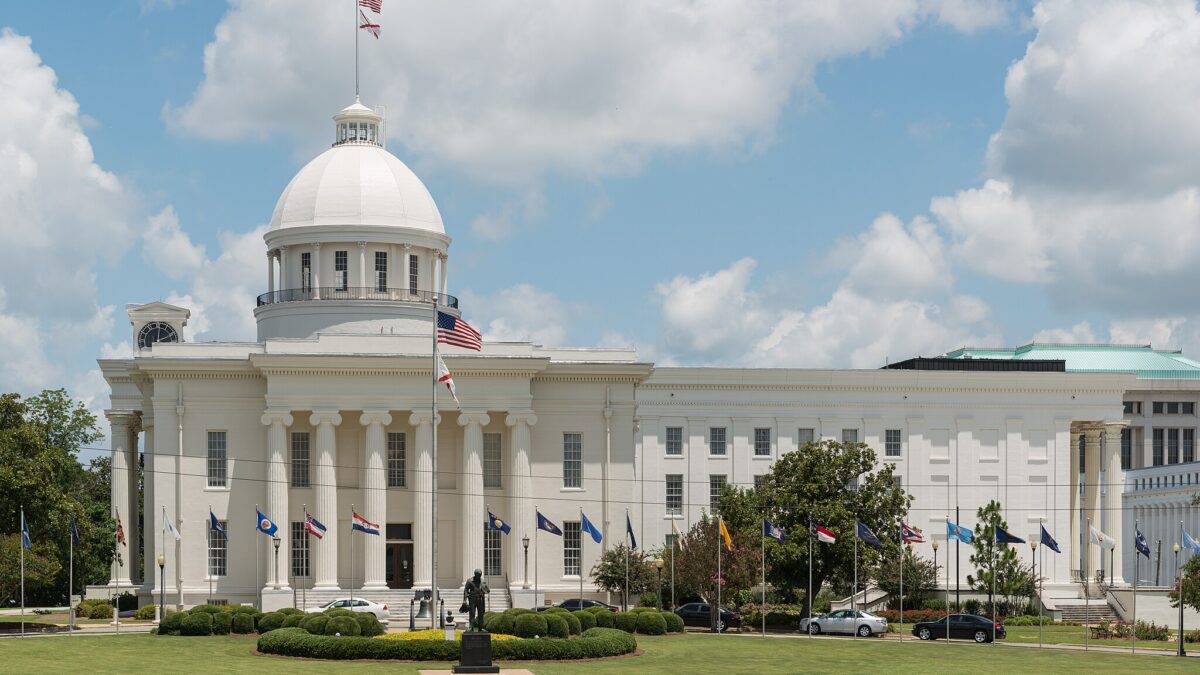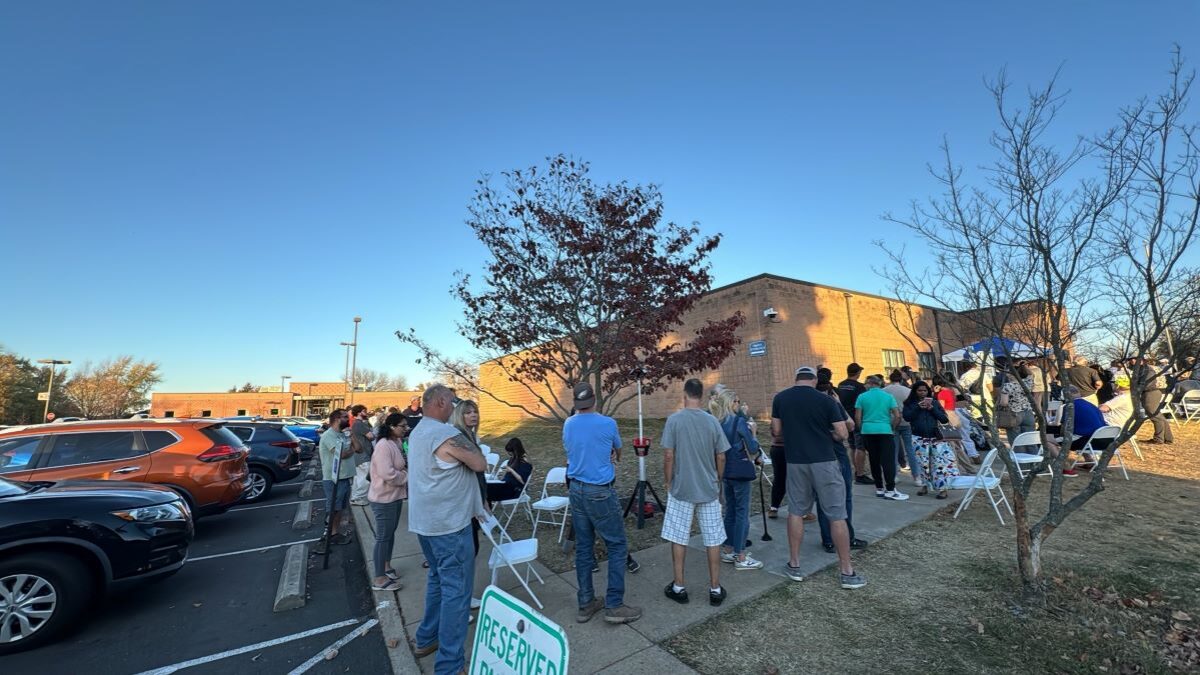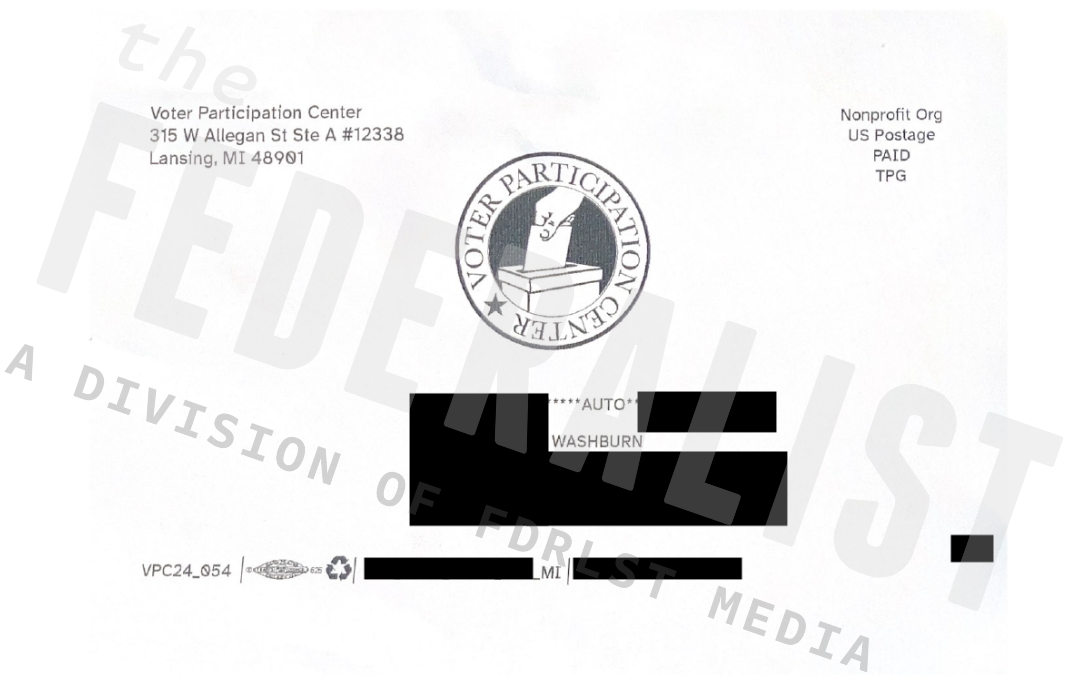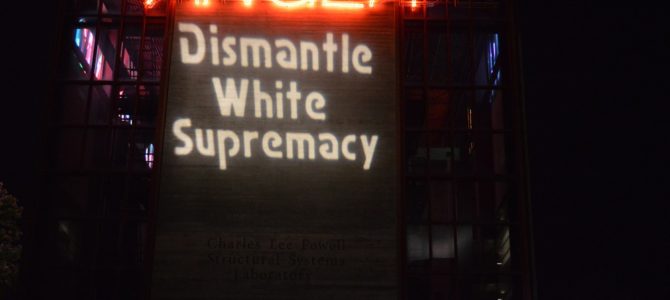
John McWhorter examines the religious nature of racial “wokeness” in an insightful essay published in The American Interest, and finds it bears some resemblances to the Christian worldview, albeit without the hope of redemption or forgiveness.
“The parallels with Christianity are almost uncannily rich,” he writes. “White privilege is the secular white person’s Original Sin, present at birth and ultimately ineradicable. One does one’s penance by endlessly attesting to this privilege in hope of some kind of forgiveness.”
The religion of social justice and wokeness is stern, however, with little hope of redemption, love or reconciliation. If taken seriously, the preachings of someone like Ta-Nehisi Coates of The Atlantic are jeremiads that should lead to despair. Wokeness is a religion of judgment, and the preachers have only contempt for their (white) flock. McWhorter wonders, for example, whether “today’s atoners quite understand that ’getting it’ will not, for example, make Ta-Nehisi Coates like them.”
Forgiveness is hard to obtain from the strange gods of this new faith, for reasons McWhorter’s excellent essay only begins to explore.
Coates’ sermons are not usually taken at face value. Contempt is met with condescension, as wokeness offers a sort of recreational scolding for well-off white progressives who like being told how sinful they are. The creed of woke racial justice is not taken very seriously by its white congregants, but they do delight in the spiritual pride it offers. How enlightened, how sensitive they must be to voluntarily enjoy having their sins denounced!
And exaggeration in the service of this religious racialism is no vice. For the churched, this is familiar. Just as those giving their testimony in church may exaggerate the sins of their unregenerate past, just as preachers may denounce the smallest of sins as a damnable affront to a Holy God, so do the sermonizers of the woke gospel exaggerate and reprobate sins against social justice.
Examples are plentiful. Elite college campuses are supposedly racist hellholes that must be redeemed by battalions of well-paid diversity administrators. Starbucks, perhaps the wokest corporate behemoth of them all, was demonized after one manager in one store (very stupidly) called the cops on a pair of black men waiting to meet someone. To the scolds and sin-sniffers of the woke Left, there are no minor wrongs — even the smallest injustice or slight is connected to the pervasive power structures of oppression. In religious terms, sin is sin.
Ignorance of this religious dimension leaves the adherents of woke social justice especially prone to the pitfalls that the traditionally religious are familiar with. Many stumble. They become the preachers and church ladies of wokeness: smug, sanctimonious, uncharitable and unforgiving — always ready to take offense and call someone out. And there is no shortage of people willing to undertake the task. What are we to make of the priests of this harsh religion?
Coates’ many disciples lack his eloquence, but they share the same rage. And these apostles of social justice are not confined to questions of black and white, but vent their fury from every corner of intersectional ideology, which ensures that there will always be new enemies to denounce and demonize for their supposed privilege.
There have always been persons inclined to be hectoring, spiteful busybodies. They are the self-appointed enforcers of the minor norms and little truths of social standards, and they perform their duty with neither charity nor a sense of proportion. They justify their zealous, unceasing scolding on the grounds that a sin in part is a sin in whole, and laxness anywhere is laxness everywhere. This is the self-justification of scolds (on campus, online, or in the workplace) who seek to punish the slightest deviation from their orthodoxy.
Just as a certain sort of parishioner of days (mostly) past could find the most damnable heresy lurking in minor liturgical slackness, the modern iteration of this personality can find the seeds of genocide in microaggressions. This allows them to appropriate to themselves the worst wrongs ever done to others, and appoint themselves as their unforgiving representatives.
We are confronted by a mob of cut-rate Ivans from “The Brothers Karamazov.” In Dostoyevsky’s masterpiece, Ivan, the intellectual of the family, rejects forgiveness in favor of unrequited indignation. His extended discussion with his younger brother Alyosha about the existence of God culminates in the renowned tale of the Grand Inquisitor. However, that justly famous section is set up by a chapter notable in its own right for Ivan’s seemingly agonized rejection of the possibility of harmony and forgiveness.
After recounting tales of tortured children, and asking whether such anguish could be part of the divine plan for future happiness, Ivan declares: “I renounce the higher harmony altogether. It’s not worth the tears of that one tortured child who beat itself on the breast with its little fist and prayed in its stinking outhouse, with its unexpiated tears to ‘dear kind God’! What can atone for the suffering of children; who can forgive it?”
Nonetheless, Ivan is uninterested in the prospect of divine retribution: “What do I care for a hell for oppressors? What good can hell do, since those children have already been tortured?”
Yet Ivan cannot forgive, nor does he want others to do so. He concludes that no future bliss is worth the price of the suffering of children, and renounces any possible divine redemption and happiness. “I don’t want harmony. For the love of humanity I don’t want it. I would rather be left with the unavenged suffering. I would rather remain with my unavenged suffering and unsatisfied indignation, even if I were wrong.” His desire for harmony, forgiveness and happiness was less than his rage at injustice. But this was a selfish fury; even if God and the victims forgave, Ivan Karamazov would not — he fancied himself more attuned to the monstrousness of injustice than God Himself.
Like Ivan, those who are most eager to reject forgiveness are often those who have not suffered deeply themselves. They justify their fury by appropriating the grievances of others, especially of the past, and show their righteousness by how ardently they abominate even small injustices.
This appropriation allows well-off students studying at prestigious universities to take upon themselves the righteous fury they believe due on behalf of those subjected to dreadful wrongs decades or centuries ago. It allows successful professionals to react with overbearing outrage to every perceived slight, as they treat it as representative of the entirety of human sin. It allows a writer with a comfortable sinecure to take upon himself the bloody mantle of victimhood.
Such persons hope for neither justice nor forgiveness, wishing instead to gnaw the decaying bones of their grievances (or the grievances they have appropriated from others) forever. They don’t want harmony. They don’t want justice. They want to nurture their self-righteous spite.
But who are they to tell others, who have actually suffered, not to forgive? Like Ivan Karamazov, their attachment to their own self-righteous indignation makes them into tyrants who would dictate to the very sufferers they claim to champion. It leads to hatred and resentment, not to social justice or racial reconciliation and harmony, which require genuine contrition, forgiveness and love.
The woke demands for social justice have little in common with the difficult but necessary work of seeking real justice and reconciliation. The grace of the church of wokeness is either cheap or unobtainable. The rage of its preachers, and the scolding of it church ladies, however, are all too present. It’s not about justice; it’s about them.



